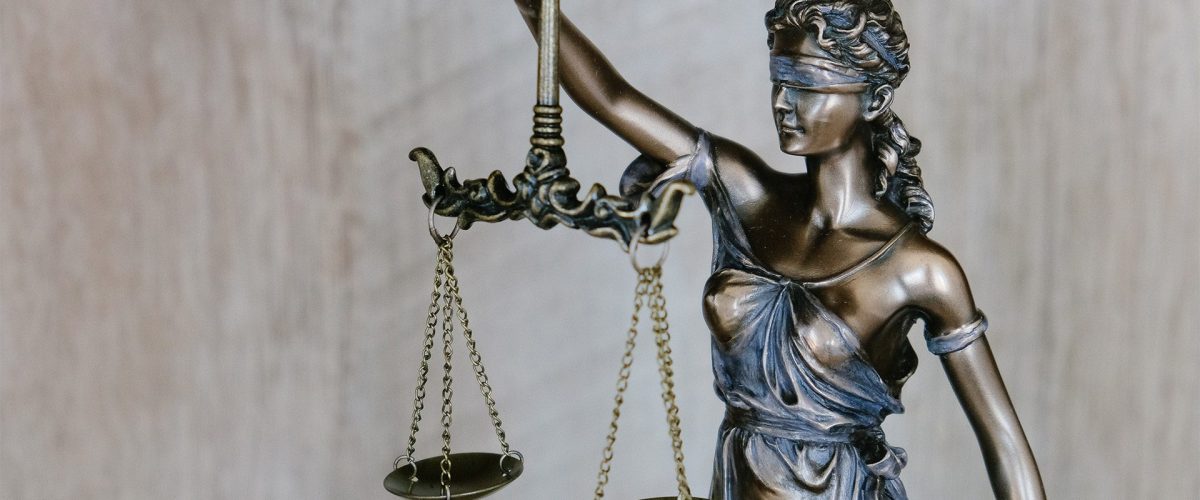Allen v Cooper, 589 U.S. ___ (2020)
Many people are familiar with Black Beards ship, the Queen Anne Revenge. For many it is a fascinating historical saga, and the discovery and photographic documentation of her wreckage has led to The Supreme Court’s settling of an important part of copyright law. For Fredrick Allen, litigation about copyrights for his photography of the ship has become a legal nightmare.
In 1996 a private researcher hired Fredrick Allen to document the amazing discovery and investigation of the Queen Anne’s Revenge. Allen documented the shipwreck for about twenty years with photographs and videos and registered all of it with the U.S. Copyright Office.
Despite Allen’s registration of his works, in October 2013 North Carolina posted versions of Allen’s work online without Allen’s permission and without paying a license fee for the rights to use the work. That very same month that the state and Allen signed an agreement following which North Carolina paid a license fee for its use of his works and agreed not to use the works again.
A short time after that, North Carolina posted and published Allen’s work again. This time the infringement was after North Carolina passed “Blackbeard’s Law,” that declared that all of Allen’s work was public record, allowing the state to use it freely.
Allen sued North Carolina for copyright infringement and North Carolina countered by claiming that it had sovereign immunity under the 11th Amendment of the United States Constitution and moved to dismiss the case.
Allen argued that the Copyright Remedy Clarification Act (CRCA) dismisses state sovereign immunity for copyright infringement. In its definition of possible copyright infringers, the CRCA includes “any State, any instrumentality of a State, and any officer of a State or instrumentality of a State acting in his or her official capacity.”
While the district court agreed with Allen’s reasoning, the Fourth Circuit reversed, stating that Congress did not have the power to dismiss state sovereign immunity through the CRCA.
The case was then appealed to the United States Supreme Court on the question of whether Congress can dismiss state sovereign immunity and allow authors to sue states for infringing copyrights on their work.
All nine justices agreed that Congress did not have the power to dismiss state sovereign immunity in the CRCA. The Court rejected Allen’s argument that Congress possessed the authority to eliminate sovereign immunity by virtue the Intellectual Property Clause in Article One of the United States Constitution. SCOTUS had already rejected that argument in a previous case called Florida Prepaid Postsecondary Education Expense Board v. College Savings Board.
While some of the justices differed as to why the Court should not overturn this case, they all came to the same conclusion that the precedent of Florida Prepaid should be followed.
This means that states cannot be sued for infringement of copyrights. This means that states can own copyrighted works and protect them by suing for infringement, but states cannot be sued when they infringe the copyrights of others.


